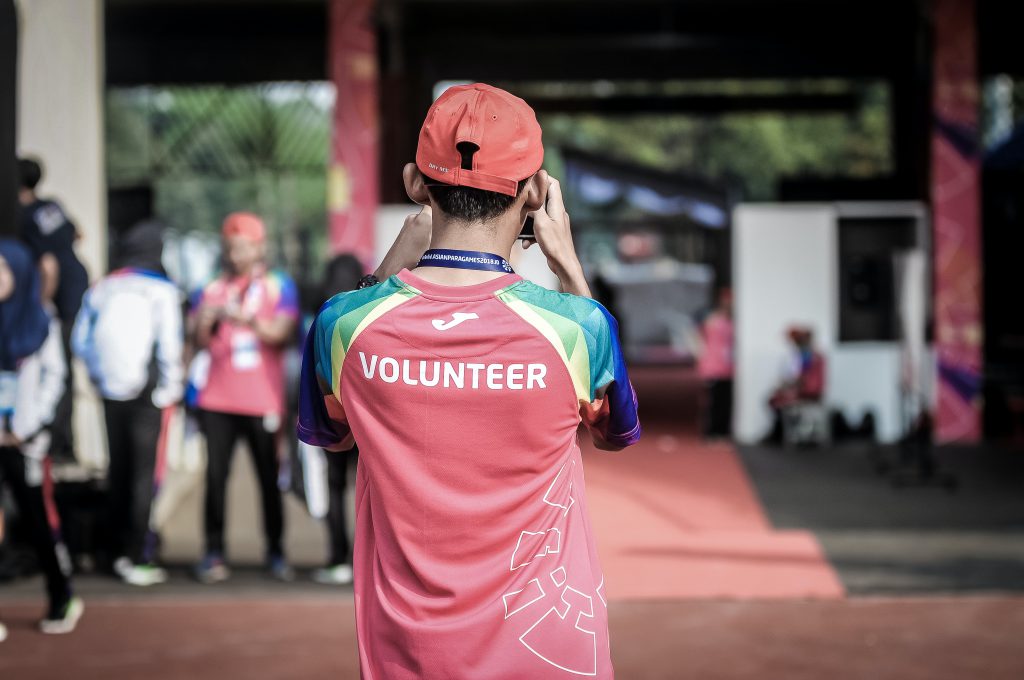This post summarizes the report of the “Scientific Advocacy/Ambassador Programs Survey” by the 2017 Community Engagement Fellows Program (CEFP) Advocacy Ninjas project team (Melanie Binder, Heidi Laješić, Stephanie O’Donnell, Allen Pope, Gabrielle Rabinowitz, and Rosanna Volchok – with help from CSCCE Director Lou Woodley and former staff member, Rebecca Aicher) and was contributed by the authors.
Editorial note: Since the Advocacy Ninjas did their work and wrote up their report, we refined and published CSCCE’s Community Participation Model. In it, we describe a CHAMPION mode of participation, in which a community member is motivated to take on more responsibility for the success, sustainability, and/or running of the community. This might look like advocating for the community on social media, running a working group or local chapter, or taking the lead in creating and maintaining documentation to support the community. Champion programs, therefore, formalize or promote these activities, and offer recognition and training for members who participate. They empower emergent leaders, create nodes of trust within the community, and support myriad community needs and goals. Visit our new resource page for more.
Continue reading “Ambassadors, Fellows, Champions, and More: What defines success in scientific community champions programs?”
